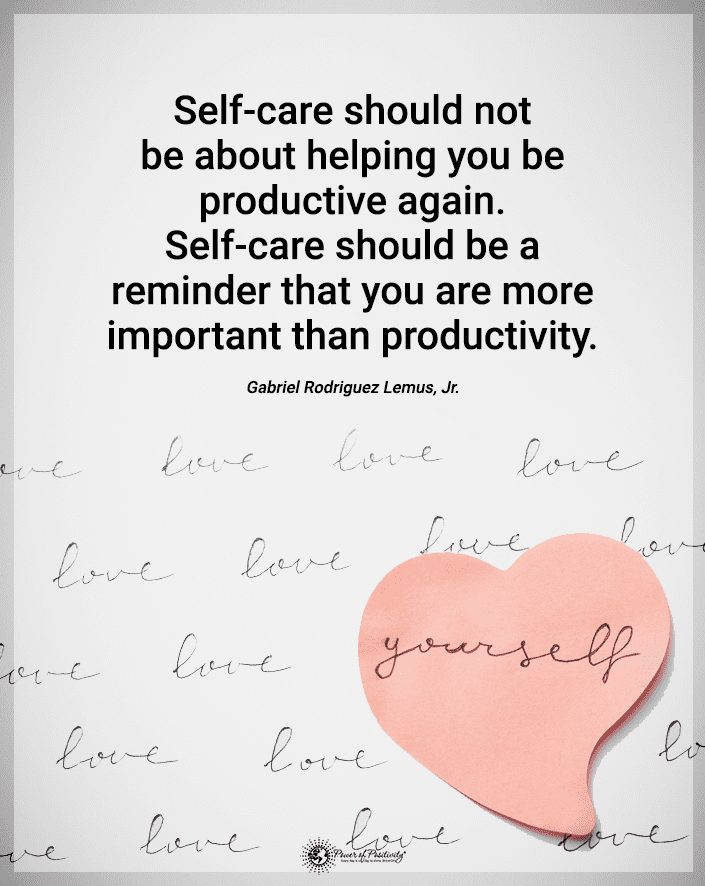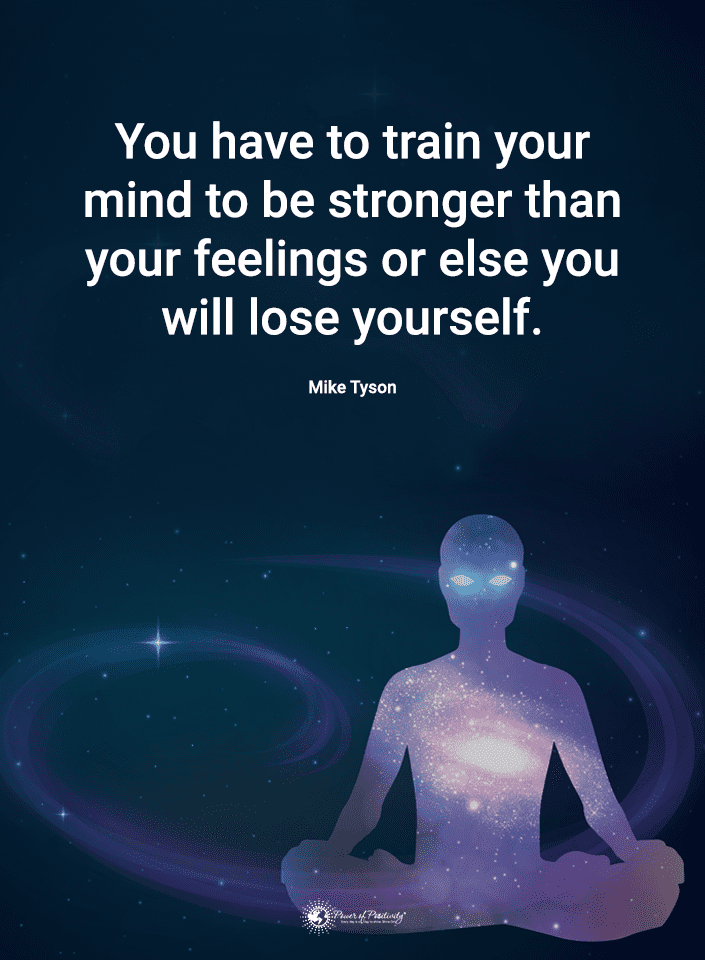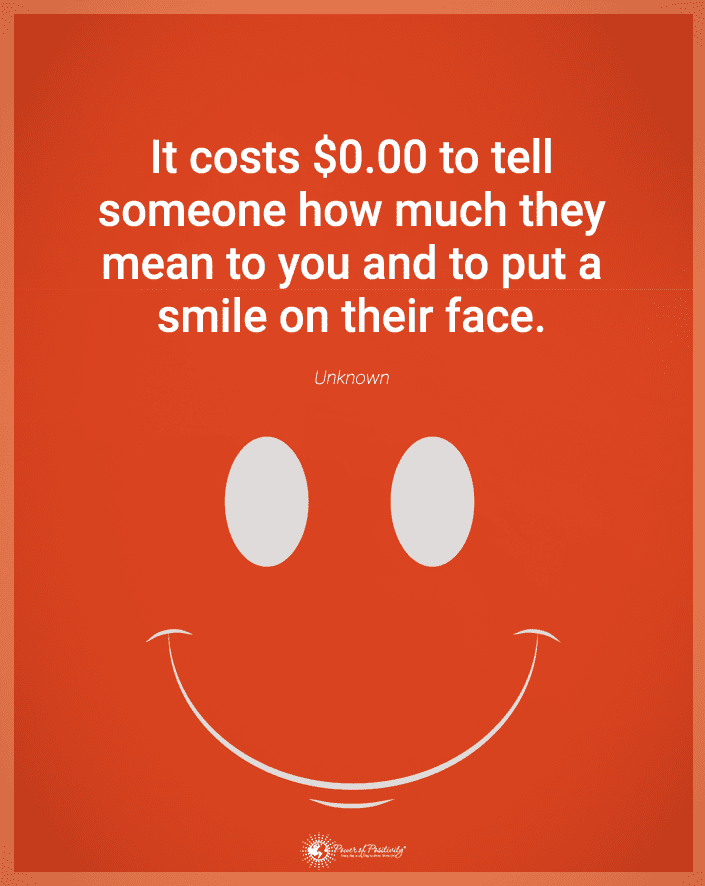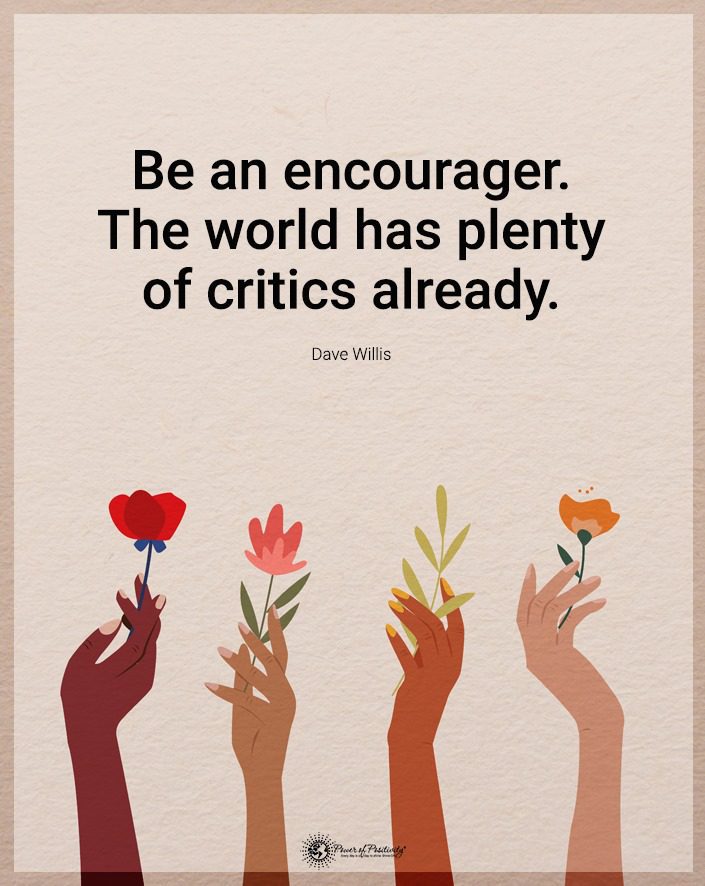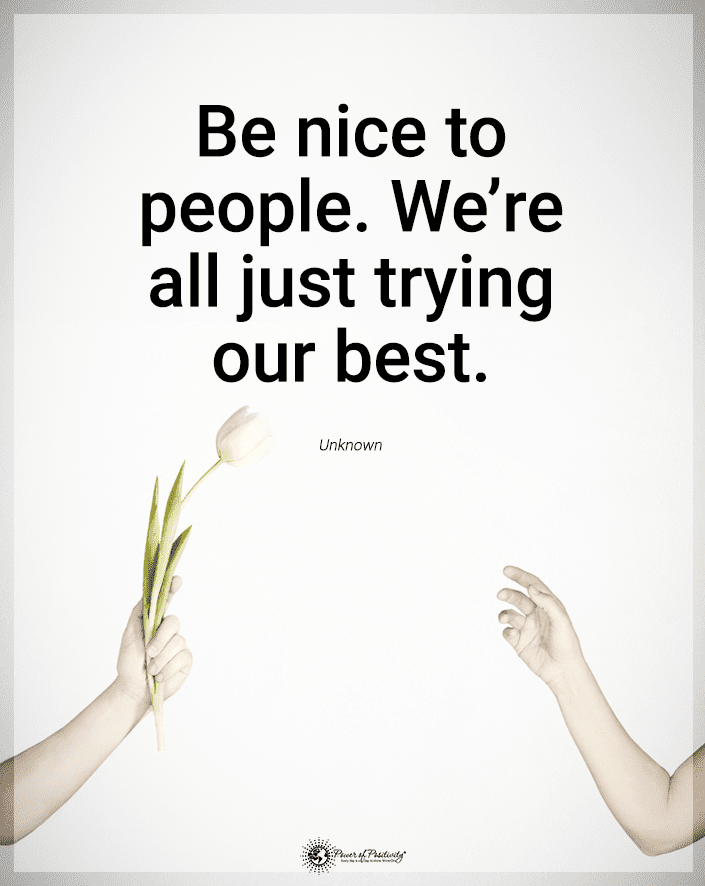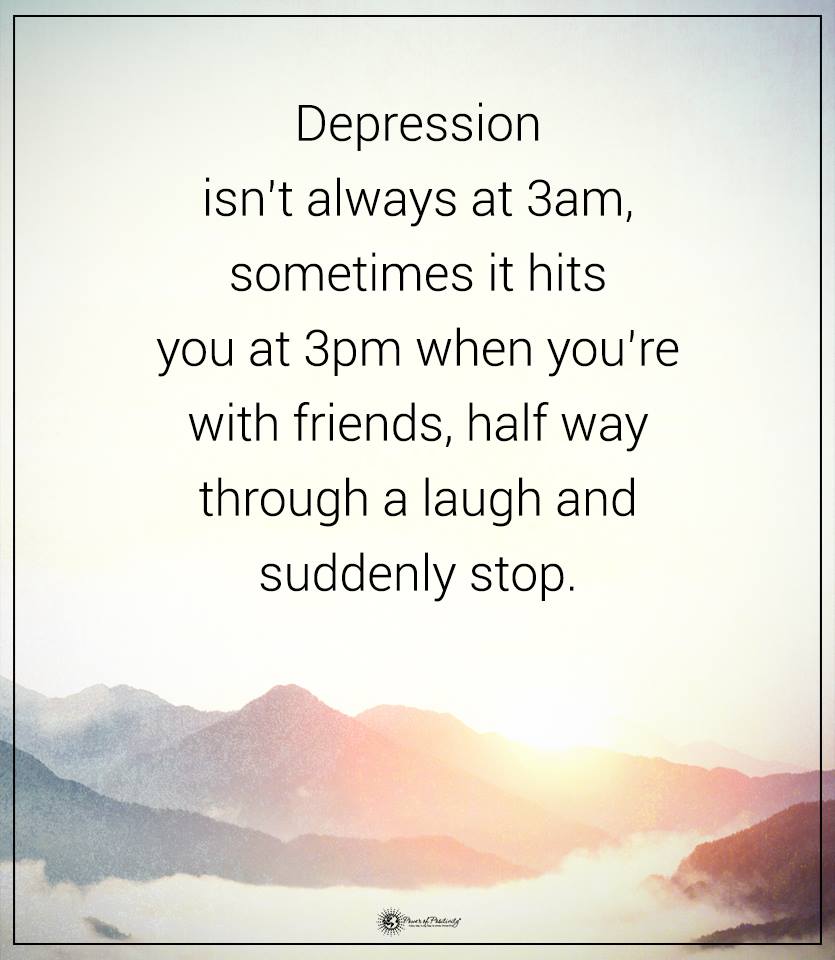It’s natural to want to help your friends or family during a struggle. You want them to live a joyful life with everything they need. While you might want to fix their problems, there comes a time when you must stop. Sometimes you must prioritize caring for yourself first.
You might think that fixing things makes you powerful, and you go out of your way to achieve the feeling. However, accepting that you can’t always solve issues for others doesn’t make you powerless. Instead, it helps you put the energy into solving your problems and taking care of yourself.
You become a stronger person when you know when to stop fixing problems for others. Once you start taking care of yourself, it’ll improve your overall well-being. Figuring out when to stop first requires learning why you want to fix people’s troubles.
Nine Signs That You Are Fixing Problems for Others
If you’re unsure if you are fixing problems for others, you’ll want to figure it out. Most fixers, or people who try to fix difficulties for others, are empaths, but there are other signs, too. The signs that you’re a fixer include:
- Trying to take someone’s pain away when they’re feeling down
- Getting someone back on track after they take the wrong path
- Attempting to force someone to make healthier life choices
- Fixing people makes you feel good
- Feeling needed and purposeful when fixing things for others
- Dropping what you’re doing to help someone
- Feeling guilty about saying no or disappointing someone
- Being hard on yourself when you can’t help or fix an issue
- People often take advantage of you
Eight Reasons Why You Should Stop Fixing Problems for Others
While wanting to take care of a loved one is ideal, it doesn’t always work out how you’d hoped it would. It could cause unintended problems for you or the other person.
1 – Fixing Problems for Others Could Make Things Worse
Solving other people’s issues can often worsen things, even when you want them to improve. You can inadvertently cause more complications by getting bossy, giving unsolicited advice, or behaving like you know everything. It can convey that you think you know better than them and don’t trust their judgment.
If you keep pushing, it can cause more stress and conflict for the person. It can also negatively impact your relationship with the person you want to help.
2 – You Don’t Know What They Want
While you can assume what people want, you never honestly know. You don’t know what they need, either, and it’s presumptuous to believe otherwise.
3 – Not Everyone Wants to Fix Their Problems
People might not want to change, at least not how you want to help or think they need help. It’s their choice if they’re going to make a change, and you can’t force them. Even when you have their best interests at heart, you can’t make them see the situation as you do.
4 – It Takes Away Their Opportunity to Grow
When you make decisions for others and continually fix their issues, it takes away their autonomy. This situation interferes with their learning and growth. You take away their chance to become better, and they won’t learn how to handle their life independently.
Struggles make people more potent, but they must have the opportunity to deal with them. Once they handle their situation, they’ll feel empowered and ready to tackle the next challenge.
5 – You Start Caring for Yourself, Instead
If you spend all of your time and energy trying to fix other people, you miss out on personal growth. It distracts you from solving your problems, preventing you from becoming the best version of yourself.
6 – You Miss Out on Opportunities and Experiences
When you always want to fix others, it causes you to miss out on experiences. You might pass on trips or opportunities because you feel you must be available.
Some people believe that if they are constantly present, the other person will be sad. Or, they think that they must be there to take care of the person whether they want it. You should feel comfortable doing things you enjoy, visiting new places, or accepting opportunities despite the hardship of others.
7 – Fixing Problems for Other People Disrupts Your Well-Being
Fixing things for others interferes with your life and well-being. It can cause you to obsess over the choices of those around you. It can also cause you to worry about the impact of your life choices on the people you care about.
8 – Problem Solving for Your Friends and Family Can Cause Negative Feelings Later
When you constantly sacrifice your needs and wants for someone else, it can cause negativity. You’ll begin to experience resentment, lack of appreciation, or anger. These feelings often stem from helping others out of obligation or guilt, but they can occur when you want to help.
Four Ways to Stop Fixing Problems for Others
If you’re a natural fixer, it can be hard to stop fixing troubles for others. You want everyone to be happy and do well with their life, and that’s hard to let go. However, you can stop stepping in and continue rooting for them to do well.
1 – Determine Whose Problem It Is
You might already know that you can’t control people or make their problems disappear. Still, you could get sucked into trying to fix things for others. This situation often occurs when you’re unsure about whose complication it is.
It can cloud your judgment when you strongly desire to help and protect those closest to you. You might think that you know best, regardless of what the other person wants. However, you must assess if it is your problem to fix.
Even if the problem affects you, it doesn’t make it yours. If you don’t realize that it isn’t your problem, it can send you into a spiral of trying to fix things that you can’t control.
2 – Realize Which Problems You Can Do Something About
You can’t fix everyone’s problems, but you can solve your issues. If someone’s complications cause you to feel anxious, stressed out, or angry, you can deal with those things.
Focus on dealing with what you can, letting go of trying to help the other person. Remember, you can only do something about how it affects you, and you can’t force the other person to change.
3 – Remember That You Must Let People Grow
Depriving someone of their chance to grow is unfair. You must allow people to work through their problems, and they’ll be ready for the next one. Give the other person the opportunity to learn and grow because they need to experience it.
4 – Focus on Yourself Instead
Anytime you get the urge to fix things for someone else, take a step back. Instead, focus on yourself by doing something that will help you grow.
Spend the time and energy doing something that helps you become a better version of yourself. Learn a new skill, develop existing talent, or seek new opportunities.
When You Can Help
There will be times when you can help other people, but you must distinguish when it’s appropriate. If you step in too soon or too often, it shows you are enabling their behavior. Take some time to assess the situation and determine what you should do.
Start by asking yourself if the other person wants your help. If they don’t want your assistance, you shouldn’t try to force it. However, if they desire your assistance, ensure you give the kind of help they need and want.
You should also ask yourself if you desire to control or influence. Your goal should never be to handle the situation, so don’t step in if you can’t refrain. It is likely okay to help the person out if you can offer influence and new information.
How to Start Caring for Yourself Again
Caring for yourself is an essential aspect of your life. If you think you must put others first, it’s time to shift your mindset. After all, you can’t give to others if you neglect yourself.
You must nourish yourself and live a fulfilling life, and it all starts with not fixing problems for others. Work on solving your problems instead of focusing on other people’s issues.
Focus on self-nourishment, meaning taking time to hone in on your needs and wants. Take some time alone to relax without pressure, or get away with your spouse for a weekend. It might also mean taking the job of your dreams, even if it means leaving someone behind.
Self-love and self-care can make all the difference in your life. You’ll stop trying to fix everyone else’s problems, allowing you to improve your energy.
Another way to start taking care of yourself is to share your talents and resources with others. Give your time and attention without stepping in to save the day. You are not responsible for anyone else, and offering your talents is more than enough.
Final Thoughts on Strong People Know When to Stop Fixing Problems for Others and Caring for Yourself, First
While you might want to care for your loved ones, it’s not always beneficial. Sometimes it’ll cause more issues rather than making things better. Plus, even if you fix it, you’ll hinder the other person’s progress.
Instead of doing things for people and fixing their issues, you must allow them to do it themselves. They must deal with the consequences or complications, allowing them to develop. Rather than putting your time and energy into others, focus on taking care of yourself instead.


